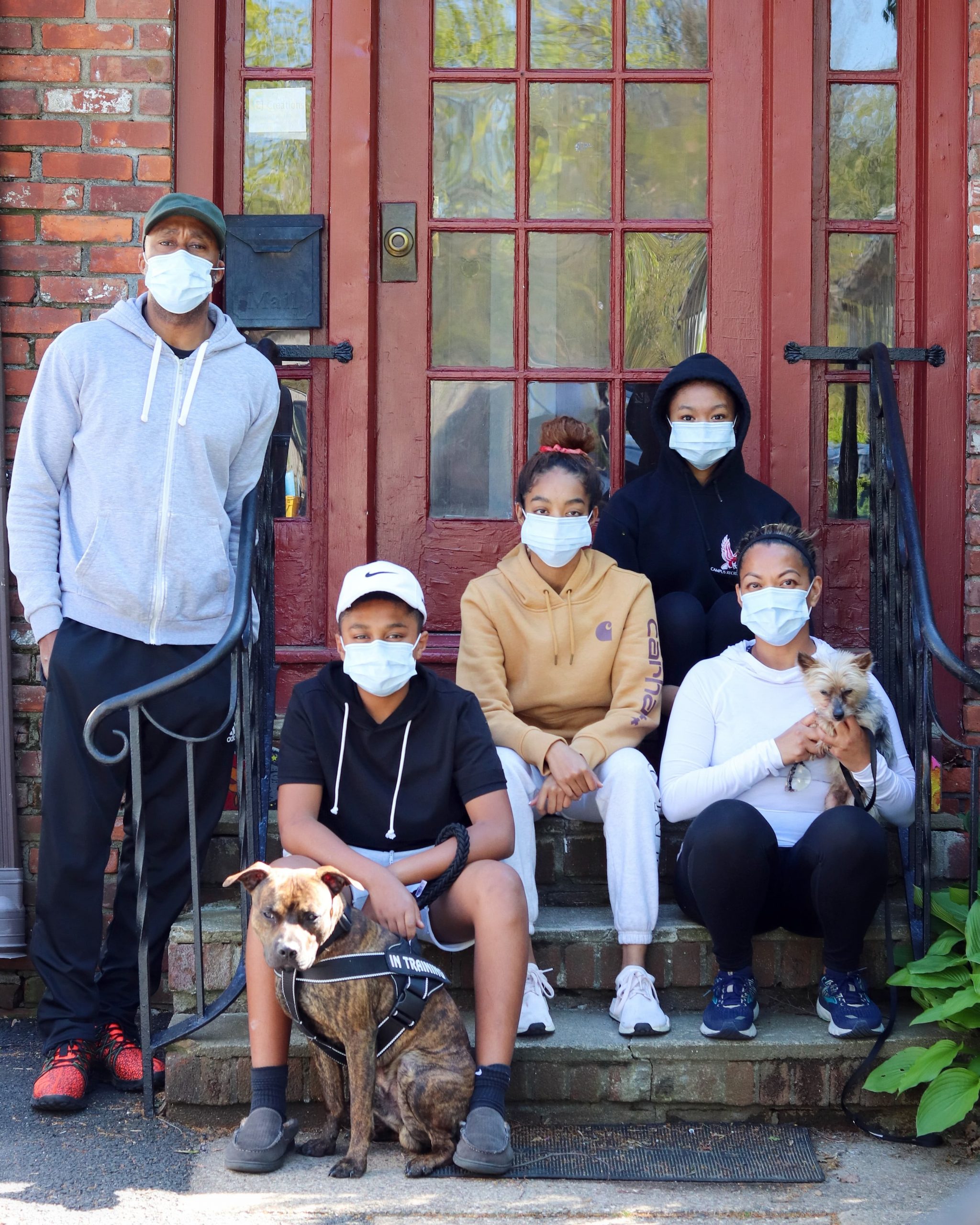There are many reasons why parents choose to send their troubled teen to a residential treatment center. Sending a teen to help them with anger management and grief are often connected to other issues the troubled teen is struggling with. But sometimes the discussion around anger management and grief treatment can become sidelined by other issues, such as drug abuse and other problems.
As parents expect significant behavioral changes after sending their troubled teens to residential treatment, we wanted to specifically cover how anger management and grief are address in treatment.
How Residential Treatment Centers Handle Anger Management
Many troubled teens in a residential treatment center struggle with anger management. The exact root of the problem may be different depending on the teen.
- Feeling powerless – Teens are at an awkward stage of life where they are no longer a young child nor are they an adult, but many crave more of the freedoms of adulthood. When they cannot have everything they want, many teens will lash out in anger. Residential treatment centers work with teens to give them a good balance of responsibilities and freedom, appropriate to their current behavior.
- Serious illness or passing of a loved one – Having a loved one pass or be very ill can exacerbate the feeling of powerlessness and trap the troubled teen in the angry stage of grief. When at a residential treatment center, there will be trained therapists to help troubled teens struggling with their anger and grief at the passing or illness of a loved one.
- Genetic disposition – While environmental factors will affect how a troubled teen manages anger, there is a definite genetic component to anger. So, some teens are wired to have poor anger management skills. This can be made up for in a residential treatment center, where teens are given effective tools and help to defuse their own anger without outside intervention.
As you can see, feelings of sadness and grief can be easily parsed into anger management issues, which is why we paired the two issues together in this article.
Working Through Grief In Residential Treatment
Grief can manifest in troubled teens in a variety of different ways that may be difficult for families to manage. Residential treatment centers work with teens to help them work through their grief as well as other accompanying issues.
- Prolonged grieving – While there is no set length that it is appropriate to grieve, some troubled teens engage in grief to the detriment of everything else they are involved in. At a residential treatment center, your teen will learn to balance their grief and learn how not to allow it to overwhelm them.
- Clinical depression – Grief related to other events can trigger a clinical depressive episode. Residential treatment centers are especially experienced in working with depressed teens, engaging back into day-to-day life, and teach them how to work through any future depressive episodes.
- Other disorders – Along with depression, grief can also trigger other disorders such as anxiety, low self-esteem, anger, lack of motivation, and more. As with depressed teens, residential treatment centers can help teens overcome the initial problems, then focus on mitigating future problems.
If you believe your teenager could use residential treatment center to help them overcome their anger management issues or grief, then contact us. We will help you find the right residential treatment center for your troubled teen, free of charge.











0 Comments